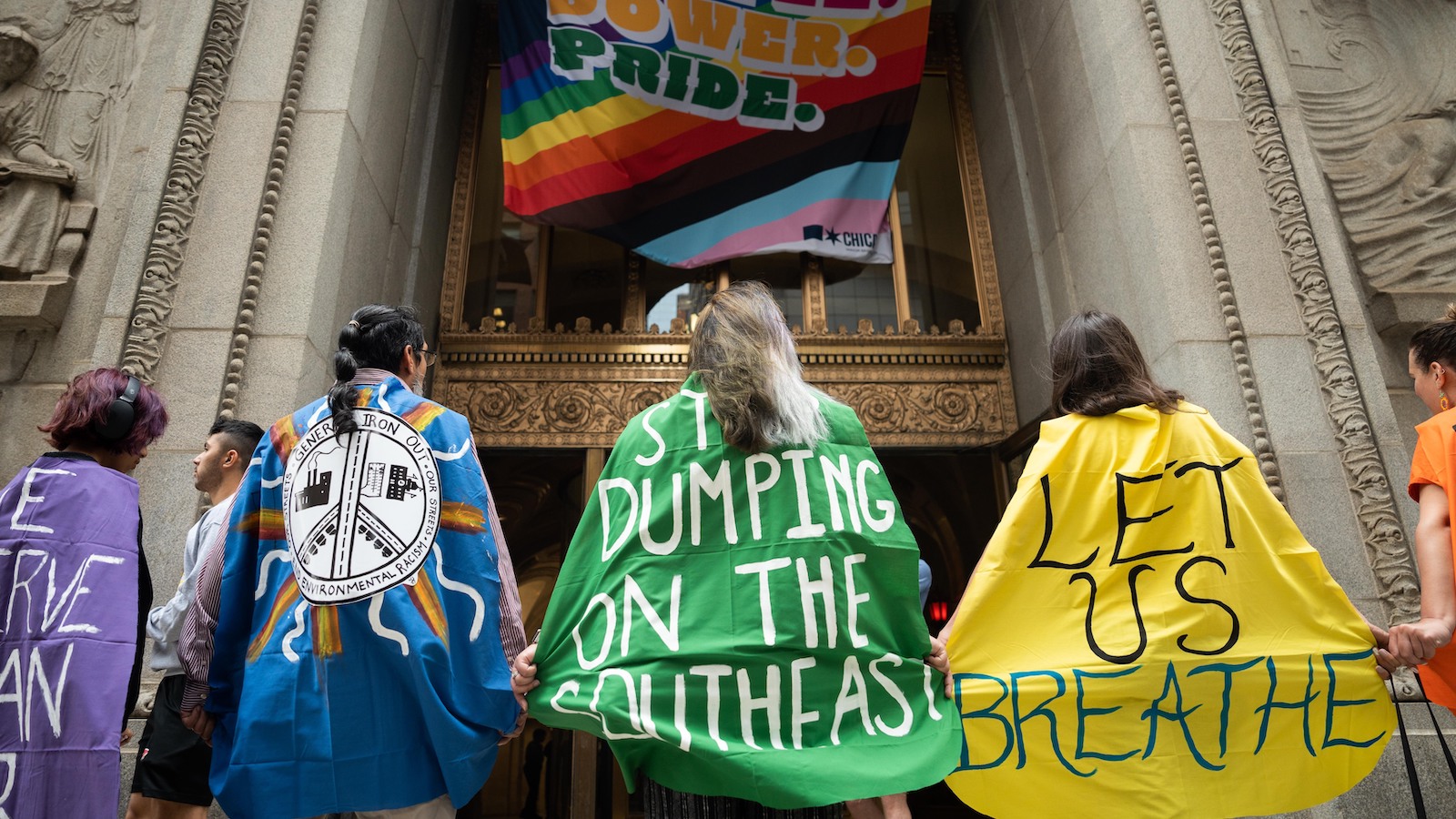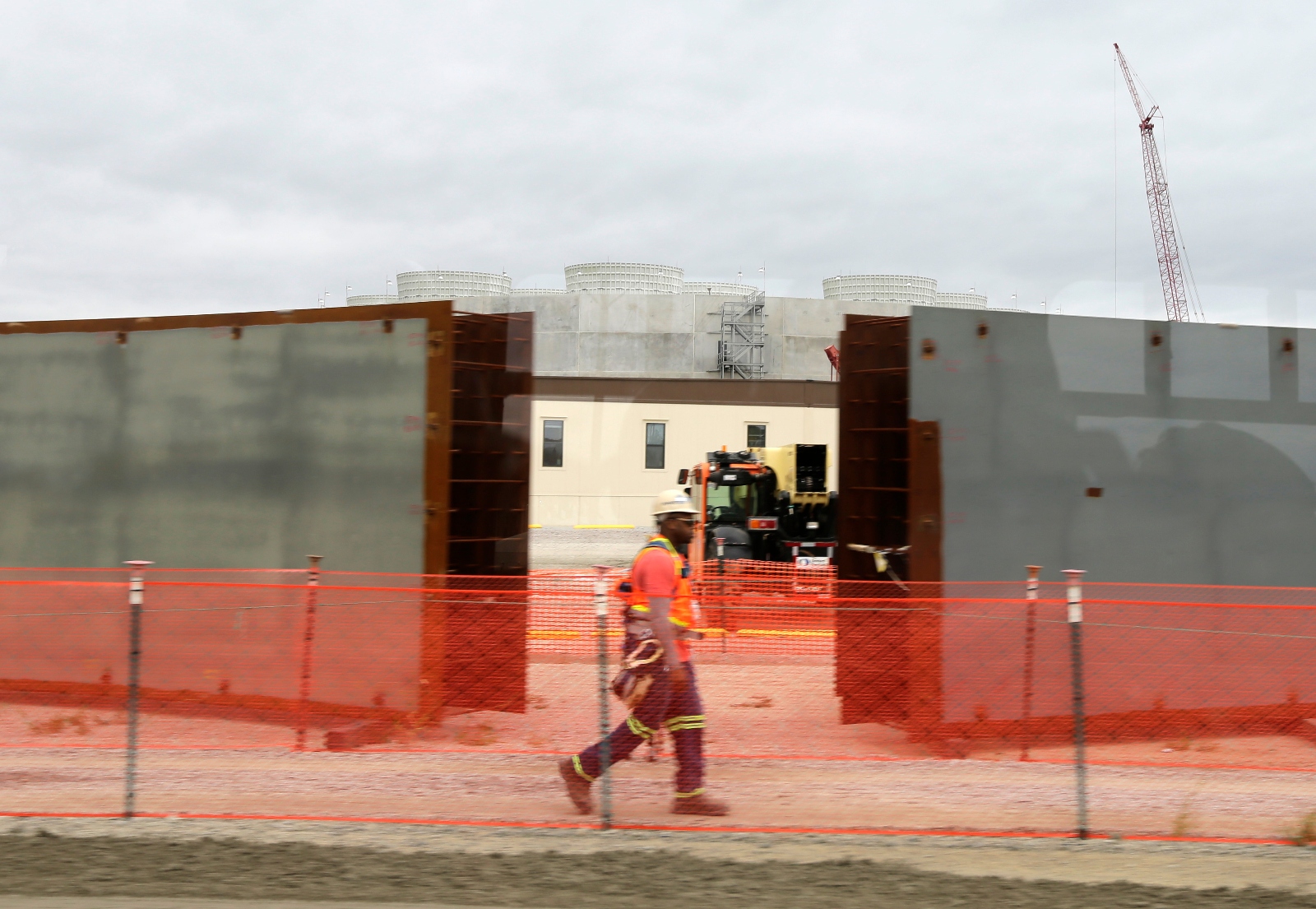Now Reading: Chicago Law Seeks to Relocate Heavy Industry, Tackle Pollution Impact
-
01
Chicago Law Seeks to Relocate Heavy Industry, Tackle Pollution Impact
Chicago Law Seeks to Relocate Heavy Industry, Tackle Pollution Impact

Quick Summary
- Chicago Ordinance: The city plans to introduce legislation requiring assessment of cumulative pollution burdens before approving new industrial projects, focusing on protecting low-income communities of color.
- Historical Context: South and West sides of Chicago, predominantly low-income areas, have long dealt with disproportionate pollution exposure due to zoning practices.
- Environmental Justice Pushback: Activists and community groups expressed mixed responses. Some feel the ordinance doesn’t go far enough in addressing the issue.
- Community Depiction: The ordinance includes provisions for an environmental justice advisory board to give affected communities input on permitting decisions.
- federal Retreat on Environmental Justice: As federal protections weaken under recent administrations, advocates view this legislation as a grassroots solution to safeguard vulnerable neighborhoods.
Indian opinion Analysis
This proposed policy exemplifies how local governments can lead efforts in environmental justice when national action faces stagnation. By incorporating assessments of cumulative pollution burdens and empowering marginalized communities through advisory boards, the Chicago ordinance could create a precedent for inclusive urban planning models that prioritize public health. Though, its effectiveness will heavily depend on consistent execution and enforcement by city officials-a common challenge highlighted by similar laws elsewhere. For India, densely populated urban centers with comparable socioeconomic divides might look at Chicago’s approach as an adaptable framework for addressing industrial zoning issues while maintaining citizens’ health and well-being.
























